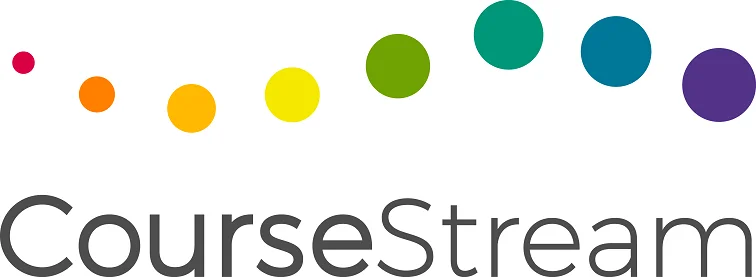Why Study this Criminal Psychology Course?
Do you want to understand how a criminal thinks, moves and reacts or do you just want to start or improve your career in criminology? Ask no more, this online criminal psychology course is the answer you are looking for!
This course will give you the skills and knowledge needed for your career such as the theories and approaches to understand crimes, how psychology is involved in serious crimes, how learning disabilities and psychopathy relate to crime, how gender and youth are associated with crime, and the different psychologies used in crime prevention, the courtroom and by the police.
Criminal Psychology Course Online
Interested in learning about the psychology of crime? This is the course for you!
Develop your understanding of criminal psychology and how psychology is used in law enforcement and crime prevention. This professional development criminology course is offered online and is designed to give you the background knowledge and skills needed to start or improve your career in criminology.
This course looks at issue such as is crime gender related? How do the police use psychology? What is the psychology of crime? and much more.
Course Aims
- Define crime and criminal psychology.
- Discuss psychological theories and approaches to understanding crime.
- Define serious crimes and explain the involvement of psychology.
- Discuss the relationship between a person having a learning disability and committing crime.
- Define psychopathy and discuss psychological theories relating to psychopathy.
- Discuss gender differences associated with crime.
- Discuss the psychological theories relating to youth and crime.
- Discuss how psychology is used by the police.
- Discuss how psychology is used in the court room.
- Discuss the use of psychology in crime prevention.
What does this course cover?
There are 10 lessons in this course:
- Definitions of Crime
- Consensus View of what Crime is
- Conflict View of Crime
- Interactionist View of Crime
- Scope of Criminal Psychology
- What Criminal Psychologists do
- Case Study
- Profiling
- Courts
- Correctional System
- Biological explanations of Crime
- Phrenology
- Eugenics
- XYY Chromosome Model
- Genetics
- Twin Studies
- Adoption Studies
- Nature, Nurture
- Environmental Explanations of Crime
- Family Influence
- Agency Explanations
- Rational Choice Theory
- Aggression
- Types of Aggression
- Terminology
- Drive Theories
- Freudian Theories
- Social Learning Theories
- Biological and Evolutionary Theories
- Types of Aggression
- Aggression an against Outsiders
- Aggression in Species
- Aggression in Humans
- Environmental Influences on Human Aggression
- Imitation or Modelling
- Familiarity
- Reinforcement
- Aggression and Culture
- Other Factors in Aggression: Alcohol, Pain, Frustration
- Murder
- Sexual Assault
- Stalking
- Pursuit Behaviour
- False Stalking Syndrome
- Meaning of Learning Disabilities
- IQ Testing
- Crime and Intelligence
- Modern Intelligence Testing
- Learning Disabilities and Crime
- Sex Offences and People with Learning Disabilities
- Courts
-
- Scope and Nature of Psychopathology
- Personality Disorder
- Psychopath
- Heartlessness
- Emotionless
- How do People become Psychopaths
- Treatment
- Scope and Nature of Gender and Crime studies
- Rates of Crime
- Murder and Violence
- Prostitution
- Case Study … Women Offenders
- Victims
- Murder
- Domestic Violence
- Sexual Abuse
- Age of Criminal Responsibility
- Risk Factors
- Mental Health Risk
- Conduct Disorders
- ADHD (Attention Deficit Hyperactivity Disorder)
- Cumulative Affect of Risk Factors
- Prevalence and Offending
- Case Studies
- Young People as Victims
- Social Construction of Reported Crime
- Eyewitness Testimony
- Early Research
- Schemas and EWT
- Police Line Ups
- Every day Uses of Psychology by Police
- Social Cognition
- Behaviour
- Appearance
- Expectations
- The Primacy Effect
- Attribution
- Schemas and Social Perception
- Central Traits
- Stereotypes
- Social Inference and Decision Making
- Psychology and the Law
- Guilt Bias
- Media Effect
- Defendant Attributes
- Attorney Attributes
- Punishment
- Types of Punishment
- History of Punishment
- Reasons for Punishment
- Deterrents
- Punishment and Impartiality
Enrol Now
- Experienced Tutor support
- Certificate sent to you
- Online study (Printed notes available)
- Self paced - no set timetable
- 12 months to complete course
From: $35.00 / week for 19 weeks
Get a Free Info Pack!











